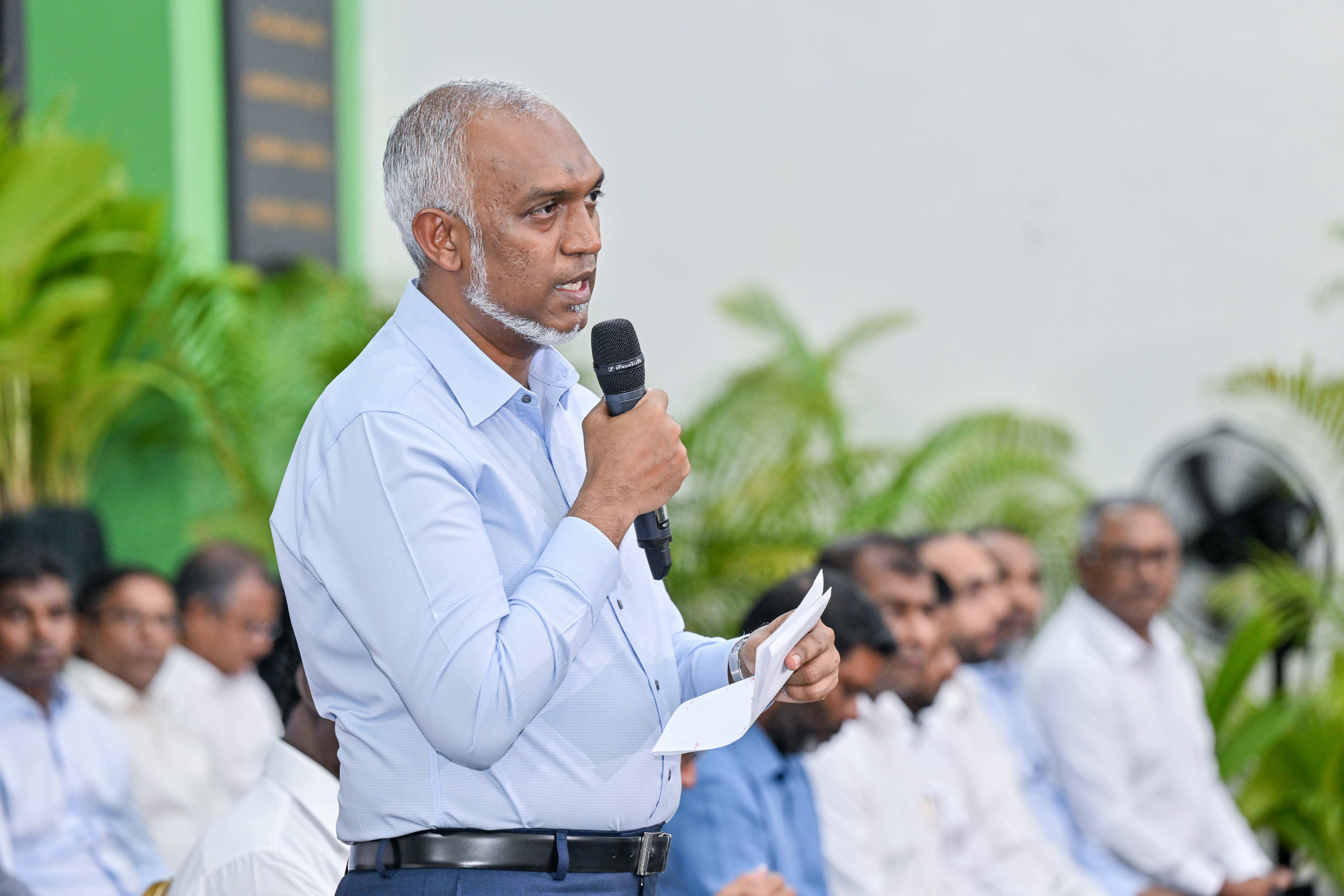The World Health Organization (WHO) says nearly 200 cases of monkeypox have been tallied gloin more than 20 countries.
During a public briefing on Friday, the UN. health agency said there are still many unanswered questions about what triggered the unprecedented outbreak of monkeypox outside of Africa, but there is no evidence that any genetic changes in the virus are responsible.
“The first sequencing of the virus shows that the strain is not different from the strains we can find in endemic countries and (this outbreak) is probably due more to a change in human behavior,” said Dr. Sylvie Briand, WHO’s director of pandemic and epidemic diseases.
"There are also many uncertainties about the future and this disease … because we don't know if this transmission will stop," she said, noting that the WHO hopes there will be "self-limiting outbreaks" and that they do not know the extent of the disease.
Currently, Briand added, they don't know if the world is just seeing the peak of the iceberg and that it's hard to assess risk in communities.
Earlier this week, a top adviser to WHO said the outbreak in Europe, US, Israel, Australia and beyond was likely linked to sex at two recent raves in Spain and Belgium. That marks a significant departure from the disease’s typical pattern of spread in central and western Africa, where people are mainly infected by animals like wild rodents and primates, and outbreaks haven’t spilled across borders.
Although WHO said nearly 200 monkeypox cases have been reported, that seemed a likely undercount.
Most monkeypox patients experience only fever, body aches, chills and fatigue.
People with more serious illness may develop a rash and lesions on the face and hands that can spread to other parts of the body.
During a public briefing on Friday, the UN. health agency said there are still many unanswered questions about what triggered the unprecedented outbreak of monkeypox outside of Africa, but there is no evidence that any genetic changes in the virus are responsible.
“The first sequencing of the virus shows that the strain is not different from the strains we can find in endemic countries and (this outbreak) is probably due more to a change in human behavior,” said Dr. Sylvie Briand, WHO’s director of pandemic and epidemic diseases.
"There are also many uncertainties about the future and this disease … because we don't know if this transmission will stop," she said, noting that the WHO hopes there will be "self-limiting outbreaks" and that they do not know the extent of the disease.
Currently, Briand added, they don't know if the world is just seeing the peak of the iceberg and that it's hard to assess risk in communities.
Earlier this week, a top adviser to WHO said the outbreak in Europe, US, Israel, Australia and beyond was likely linked to sex at two recent raves in Spain and Belgium. That marks a significant departure from the disease’s typical pattern of spread in central and western Africa, where people are mainly infected by animals like wild rodents and primates, and outbreaks haven’t spilled across borders.
Although WHO said nearly 200 monkeypox cases have been reported, that seemed a likely undercount.
Most monkeypox patients experience only fever, body aches, chills and fatigue.
People with more serious illness may develop a rash and lesions on the face and hands that can spread to other parts of the body.


















